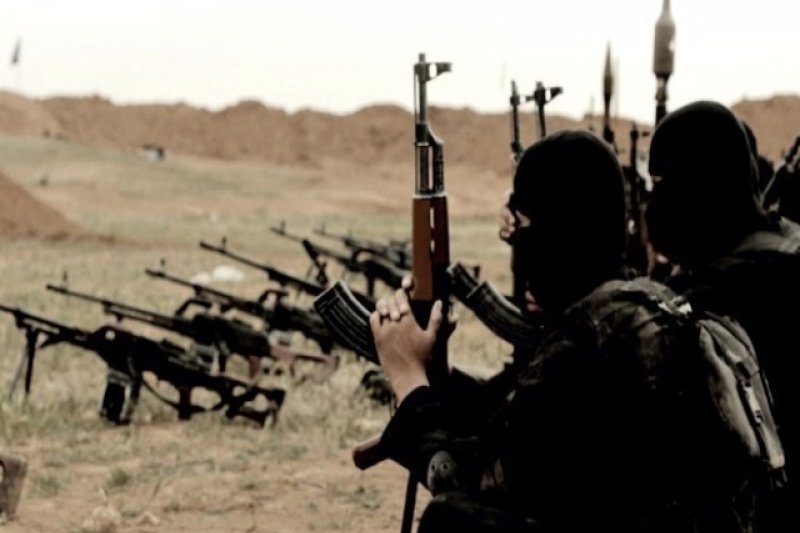Corruption Hindered Albania’s Counter-Terrorism Efforts; DoS
US Department of State has analyzed Albania's efforts in the fight against terrorism, underlining that Albania has continued its efforts against terrorism in 2022, repatriating 13 of its citizens from al-Hol camp in Syria.
In its report, the DoS pointed out that "Corruption and barriers to information sharing among government agencies, insufficient intra-agency coordination, and a weak judicial system continued to hinder Albania’s law enforcement efforts at all levels, including those related to countering terrorism".
Among other things, it is stated that Albania is threatened by terrorism, as there are attempts by foreign terrorist organizations to radicalize Albanian youth.
"In Albania it is illegal to join a terrorist organization, to provide and participate in terrorism-related training, to provide material support (including financing) to a terrorist organization, and to participate in a foreign army.
The Albanian State Police Counterterrorism Unit (the CTU) worked closely with U.S. agencies to align Albanian government CT efforts with U.S. expertise and resources, ensuring the Albanian government develops focused CT capabilities. The CTU received extensive training and equipment throughout the year from the Department of State’s Antiterrorism Assistance program.
The Special Prosecution Office for Organized Crime and Corruption charged two persons with incitement and propaganda in favor of terrorist organization ISIS based on investigations performed by the Albanian State Police Counterterrorism Unit (CTU). In December the Special Court for Organized Crime and Corruption sentenced an Iranian citizen to 15 years in prison for preparing terrorist acts.
On May 28, Albania successfully repatriated 13 nationals from displaced persons camps in Syria. The Albanian government’s CVE Center directed the rehabilitation and reintegration of these individuals and coordinated the efforts of various ministries, international donors, civil society members, and non-governmental organizations to support these efforts. This was the second repatriation in a 12-month period conducted by the Albanian authorities, for a total of 38 repatriated women and children.
Corruption and barriers to information sharing among government agencies, insufficient intra-agency coordination, and a weak judicial system continued to hinder Albania’s law enforcement efforts at all levels, including those related to countering terrorism. Implementation of deep reforms in the judicial sector continued. Vetting of Albania’s 800 judges and prosecutors for corruption, competence, and ties to organized crime was 75 percent complete at year’s end.
Albania has committed to enhancing its border security and screening efforts to interdict terrorist travel, with support from U.S. experts and programs. Albanian law enforcement services cooperate extensively with INTERPOL and other international law enforcement bodies. The country continues work to implement United Nations Security Council resolution 2396 regarding Advanced Passenger Information and Passenger Name Records data and established a Passenger Information Unit with support from the United States. Albania sustains a port security oversight system to implement the requirements under the International Maritime Organization’s International Ship and Port Facility Security Code", as quoted from the report.













